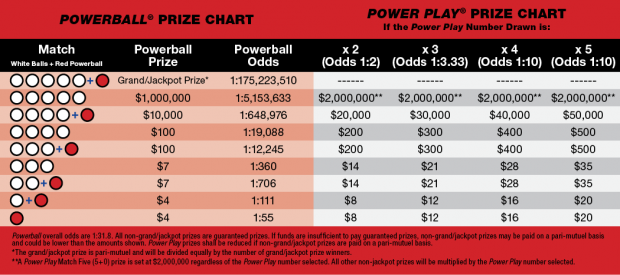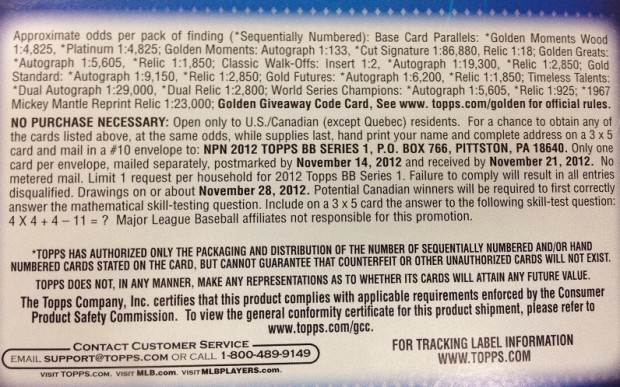How To Make Lockboxes More Fair (And Maybe More Profitable)
Could the government really regulate lockboxes effectively? Do we even want them poking around in our MMOs in the first place? Or is there a better way?
While most of the comments I've read, both here and elsewhere, about the “Singapore anti-lockbox bill” tend to support the notion of them being heavily regulated, or outright made illegal, I've got my reservations about a law like this being adopted for American shores. Given Congress's stellar record in understanding technology and video games, I'd worry about an overly broad “luck for loot” law also affecting random drops from mobs or raid bosses. I mean, hey, if you're paying $15/month to play World of Warcraft, shouldn't you be guaranteed loot in each dungeon run? If not, then isn't that gambling? Of course it isn't, but try explaining that to a 60-year-old senator from West Virginia.
There's also the financial issue. Like them or not, lockboxes make developers a lot of money. You can argue, perhaps rightfully, that the “whales” who really spend on lockboxes are doing themselves a disservice, no different from the compulsive gambler who's spends all his money on lotto tickets or in casinos, but the reason free-to-play games can remain free for many people is because that money is flowing to the company. Removing that revenue stream could kill your favorite free-to-play game, or at least make it so you couldn't play for little to nothing.
As I've said, though, lockboxes are really less like casino gambling, though, and more like trading cards. You pay for a number of random items, and occasionally you get something good, maybe something you can sell for a profit on the secondary market. It's like buying a pack of cards, getting a super-rare card, and putting it up on eBay for $100. Baseball cards have been in circulation for over a century, and while they have been looked at as gambing-type items occasionally, they've generally avoided strict regulation.
Their secret? Disclosing their odds.
I don't know exactly what the legal justification for it is, but I'd imagine that trading-card companies wouldn't tell you what the odds of getting special cards were if they didn't have to. (It was my understanding that it was a legal requirement at the trading-card-game companies I worked for.) A quick look at the sports-card section of your local store and you'll probably see, in the fine print on the back of the pack, something like “Approximate odds of finding: Foil card 1:12 packs” and so on, for each level of “special” rarity in the product. Lottery tickets are also examples of “gambling products” that list their winning odds for all to see.
What's the chance of getting that rare drop from a lockbox in your favorite game? I don't know. You don't know either. And that's their selling point. Companies want you to know that rare stuff exists, but not at what rate they show up. If you did know... well, some people would still buy them, probably, because of the gambler's fallacy: “It's a one in 50 chance, and I know I haven't gotten anything in the last 50 boxes, but I'm sure to get something good this time!”
I have a friend I haven't talked to in a while, who works on a F2P game for a major gaming company. A mutual friend told me he talked to him once about the odds of getting a rare thing in his product. It was seven in 10,000, or roughly one in 1,500. Obviously, those odds only apply to that one game, but I wouldn't be surprised if odds like that were standard for the industry, for top-end lockbox loot. If those were disclosed, the makers of those games would probably see a major drop in business as at least some people realized they had virtually no chance of getting the best loot.
On the other hand, what if the odds had to be disclosed... and companies were a little more user-friendly with them? If that one in 1,500 was more like one in 100 to 200, that might mean the whales would buy fewer, but with semi-attainable odds, it might make the item more attractive to the general public. Games should try to reduce the impact of whales in general, because it makes the game less vulnerable to a small number of players leaving or changing their spending habits. You're not always going to get the “big loot,” either, so having listed odds on smaller prizes – like a bonus rare card in Hearthstone, which seems to happen about one every five packs or so for me – might also encourage sales.
Obviously, MMO companies like to be secretive about their code and their loot odds – you'll rarely find a company telling you exactly what the chances are you'll get a rare drop from a boss. But in cases when I'm directly forking over money for a chance at a prize, I'd like to know what I'll get, or have a chance to get, every time I spend. With free-to-play getting bigger and bigger, and stories about people dropping thousands on in-game loot becoming more prevalent, it's something developers should look at addressing themselves before someone forces them to. Short of heavy legislation, the kind of which we probably don't want to see, lockboxes aren't going away, so let's at least see if we can find ways to live with them.
Related Articles
About the Author

Jason Winter is a veteran gaming journalist, he brings a wide range of experience to MMOBomb, including two years with Beckett Media where he served as the editor of the leading gaming magazine Massive Online Gamer. He has also written professionally for several gaming websites.
More Stories by Jason WinterRead Next

A little vehicular manslaughter is always nice – unless you're the one stuck to the grill of a speeding 4x4.
You May Enjoy

The “Super Animal World” expansion makes death ultra-cozy.

This shamanic bard tailors songs to his needs.

Causing chaos within an underground cult is always a good time.

Not a great start, but it's what comes next that's important.



Our?! It is not "our" game, at least i do not own a game. It should be a low and if some game closes down because they can not scam people for money like they do now then that is a great thing.
Guverment pokes around in all areas where they should not and you are worried about this?! you really are a shill
Who-The-F*ck-Cares?
Besides, removal of lockboxes is much easier to enforce.